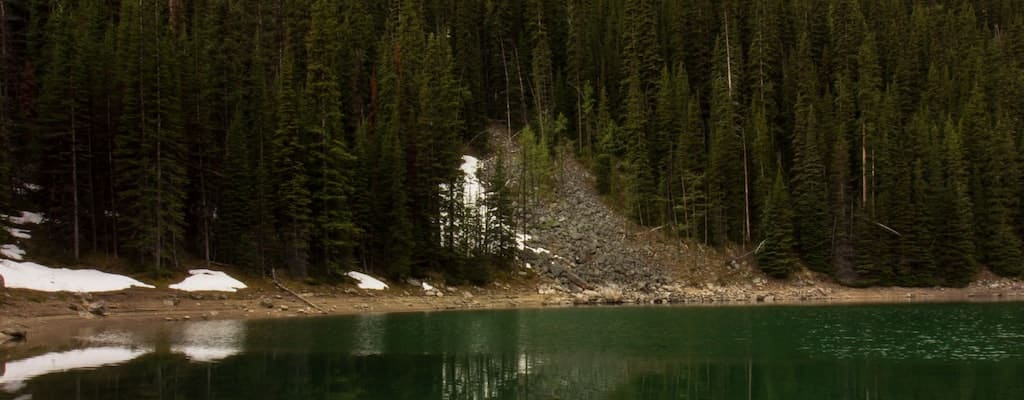close season: Idiom Meaning and Origin
What does ‘close season’ mean?
The idiom "close season" refers to a specific period of time, usually in hunting or fishing, when certain activities are prohibited or restricted. It is a time when conservation efforts are prioritized to protect the population of a particular species.

Idiom Explorer
An idiom that means the final or last gathering or collection of something or someone, often used to express the end or conclusion of a particular event, activity, or period of time.
The idiom "last minute" refers to the final moments before a deadline or event. It suggests that something is done or happens with very little time or notice remaining, often causing rushed or stressful situations.
The idiom "keep a lid on" means to maintain control over something, especially to prevent it from becoming known or causing trouble.
The idiom "keep a close watch" means to closely monitor or observe something or someone, usually with the goal of ensuring their safety, security, or well-being.
The idiom "gooseberry season" refers to a time when a person is alone or feels excluded, often due to being in the presence of couples or close friends. It originates from the tradition of picking gooseberries with a partner, and feeling like a third wheel when going alone.
The idiom "gone fishing" is used to indicate that someone is taking a break or not available, often to imply that they are avoiding or neglecting responsibilities.
The idiom "fence in" means to enclose or confine someone or something within a limited space or boundaries, restricting their freedom or movement.
The idiom "draw in" means to cause someone to become involved in a situation or to attract someone's attention. It can also refer to the shortening of daylight hours during the fall and winter seasons.
Decoding Closed Period
The idiom "close season" is an idiomatic expression that originated from the realm of hunting and fishing. It is commonly used in Britain and the Commonwealth countries, but less familiar to the United States. The term "close season" refers to a designated period during which hunting or fishing for certain species is prohibited by law. It is essential for the preservation of wildlife and the sustainable management of resources.
Throughout history, various cultures have recognized the importance of allowing certain species to breed and regenerate. The concept of a close season can be traced back to medieval hunting practices. Royal or noble hunting grounds would close off during the breeding season, ensuring a continued supply of game for future hunting seasons.
In the context of fishing, close seasons are implemented to protect fish stocks from overfishing. It allows fish to reproduce and ensures their populations remain healthy. Close seasons can vary depending on the species of fish, with different fishing areas having their own specific regulations. These regulations are typically enforced by local authorities or fishery management organizations.
The idiom "close season" has evolved from its specific origins to be employed metaphorically in everyday language. It now refers to any designated period of inactivity or reduced business activity, typically occurring during a specific time of year. An example of this usage can be found in the phrase "summer is the close season for politics," indicating a period when political activity tends to slow down or take a backseat.
It is worth noting that the idiom "close season" may not be widely recognized or used in the United States. American English tends to favor the term "off-season" to indicate a period of reduced business or activity. This distinction highlights the differences in language usage across English-speaking regions.
While the term "close season" primarily pertains to hunting, fishing, and the regulation of natural resources, its metaphorical usage emphasizes the cyclical nature of certain activities and the importance of rest or recuperation. It serves as a reminder that in many aspects of life, there are natural rhythms and periods of pause that are necessary for long-term sustainability.
The idiom "close in on" is related to the concept of close season, as it signifies narrowing down or approaching the end of a particular activity or goal. In the context of hunting or fishing, when the close season is nearing its end, hunters and anglers may intensify their efforts to make the most of the remaining time. Similarly, in other areas of life, such as business or sports, when a period of reduced activity is coming to a close, individuals may focus their attention and energy to capitalize on the opportunities that arise.
The idiom "come to a close" also relates to the close season, as it signifies the end or conclusion of a designated period of time. Just as a close season comes to a close, indicating the end of the restricted period, various activities and endeavors have their own closing moments. This idiom can be used to convey the final stages of a project, event, or even a season. It implies wrapping things up and preparing for what comes next.
Lastly, the phrase "dead of winter" connects to the close season through its association with a period of inactivity and harsh conditions. In hunting and fishing, the close season often falls during the colder months when wildlife and fish are less active. The dead of winter, characterized by cold temperatures and limited resources, aligns with this idea of a dormant or inactive period. This idiom is used to describe the coldest and darkest part of winter, emphasizing the harshness and stillness of the season.
Example usage
Examples of how the idiom *close season* can be used in a sentence:
- The close season for hunting deer begins on November 1st and lasts until January 31st.
- During the close season for fishing, anglers are prohibited from catching certain types of fish.
- Let's plan our vacation during the close season for tourism, as there will be fewer crowds and lower prices.
More "Outdoors" idioms



